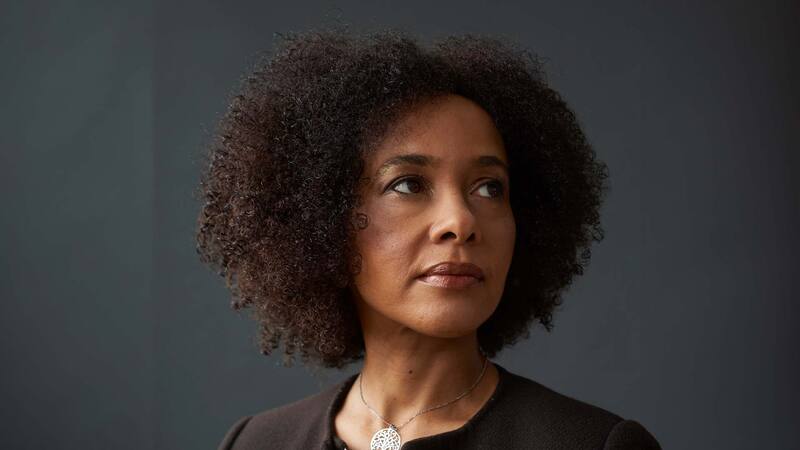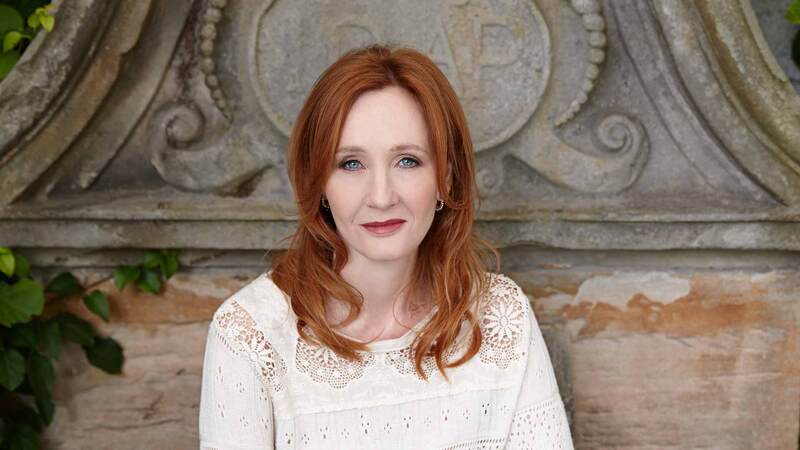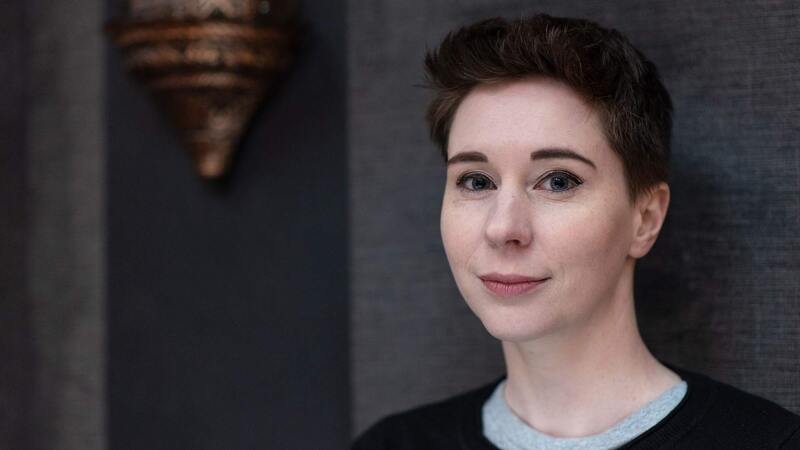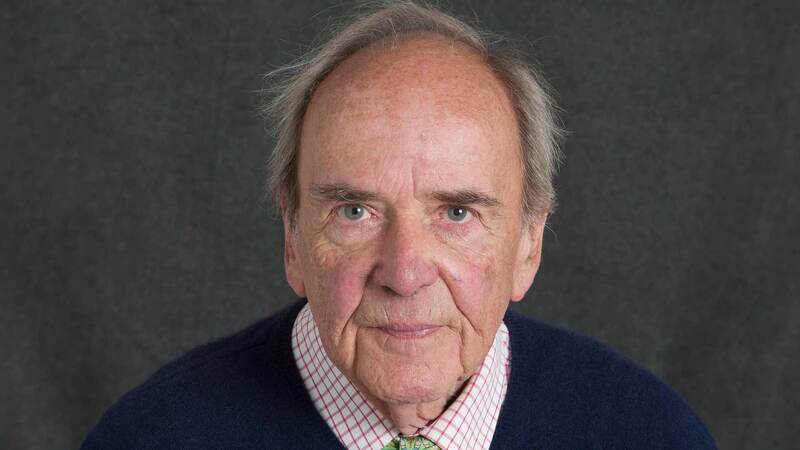You are viewing your 1 free article this month. Login to read more articles.
Publishing faces 'watershed moment' on free expression, Alexander and Shelley say
Publishing recruits must be warned they may have to work on books by people they don't agree with as the industry faces “a watershed moment” on free expression, Hachette c.e.o. David Shelley and literary agent Clare Alexander have told a Lords committee.
The pair spoke on 27th April to the Communications & Digital Committee investigating freedom of expression online, which included a discussion of “cancel culture” and authors feeling they had to self-censor.
Committee member Gail Rebuck, chair of Penguin Random House, highlighted a number of recent incidents, from Kazuo Ishiguro's warning over threats to authors by an online "lynch mob" to young publishers expressing concern over working with J K Rowling, whose recent books have been published by Hachette. Last year, the firm stood by its author after some staff threatened to down tools over her comments on transgender issues.
Asked how he dealt with young publishers, Shelley said: “I think the one crucial thing is to be very open with people from the interview stage about what the organisation stands for. We've got our mission, we've got pillars, we're very open that people might need to work on books they don't agree with, that we're an organisation that believes in a plurality of voices and wants to find readers everywhere. I think in the past possibly, not having seen this coming, maybe we haven't been clear enough with people about what sort of organisation we are, what that is.”
Shelley, who also flagged up intergenerational conversations at his company to increase understanding, insisted Hachette UK would only refuse to take on a book if there was no market for it or if it contravened the law.
“We have a very active legal department and we have rejected books before, decided not to publish them because in some respect we feel they'd contravene the law, to be defamatory or to incite hate speech,” he said. “But we're fairly precise about that and we try as much as possible not to take value judgments in there at all. It's looking at the strict legal definitions.”
He also said he did not believe there was such a thing as “cancel culture”. Instead, people were being driven by social media companies whose algorithms feed off conflict and drive decision making. People of all age groups were becoming “siloed”, leading to less room for contrary viewpoints, he said.
Alexander told the committee: “I do think we're at a watershed moment."
The agent gave the example of one of her clients, a white English female historian, who had wanted to write a book about Tony Small, a black American slave who ended up as a man of property in Ireland and London.
Alexander explained: “Both American and British editors said 'you can't do that, you're a white woman, we can't publish that book'. So we were stood down before even this process began because everyone was so fearful. Having said that, she's a clever girl so she went away and wrote a proposal about four men, of which he is one, and we sold it for a lot of money.”
She said of historians: “They can't be the people they're writing about any more than novelists can be the product of their imagination, so we are in a very judgmental time where imagination and research is versus cultural appropriation in a way that's quite tiresome.”
Asked if young authors were coming to her with censorship already “inbuilt”, Alexander agreed but suggested it was a natural part of the younger culture, where people wanted to agree with one another. This was more extreme in the US, she said, where Simon & Schuster is facing criticism from its own staff for publishing a book by Donald Trump's vice-president Mike Pence.
She said: “I wouldn't want to be in the position of running that publishing house because they may even have to get in the position when probably the older management says to the younger refuseniks, 'you can always leave'. This is getting quite inflammatory.
“I think the people who are more having to self-censor are older and so I think people over 40 and certainly over 60 are very worried about how they're going to fit into the current sort of culture and they're very anxious about what sort of subjects they can write about. So I think it's across the piece, but it's slightly different according to age, according to ethnicity, according to sex, all sorts of things.”
The pair were also asked about an Online Harms White Paper currently being considered by politicians which includes categorising some online content as “legal but harmful”. Both Shelley and Alexander said they would be uneasy with that unless what is considered harmful was properly defined and regulated, rather than being for the content provider to decide.
Shelley said: “To me it's very important that we, as publishers, are agnostic on those sorts of issues and that there's clear regulation and a legal framework that we operate in rather than us making those decisions. I think there's a very slippery slope when we make those decisions because then I think you've got a lot of questions about cancel culture.”
Alexander added that although the world of book publishing and social media appeared separate they were linked. “When a book gets published the online world gets busy if they don't like it,” she said. Bringing up the outcry over Jeanine Cummins' American Dirt (Headline), which saw the author's book tour cancelled, she said: “A lot of people didn't like it and some think it was racist and the publishers got an enormous amount of flak online, really personal attacks. So even though the platforms are different they're very connected. Publishing remains somehow the thing of record that then online responds to and it can be absolutely crippling for people in the publishing industry when they receive hate for what they've done.”

















